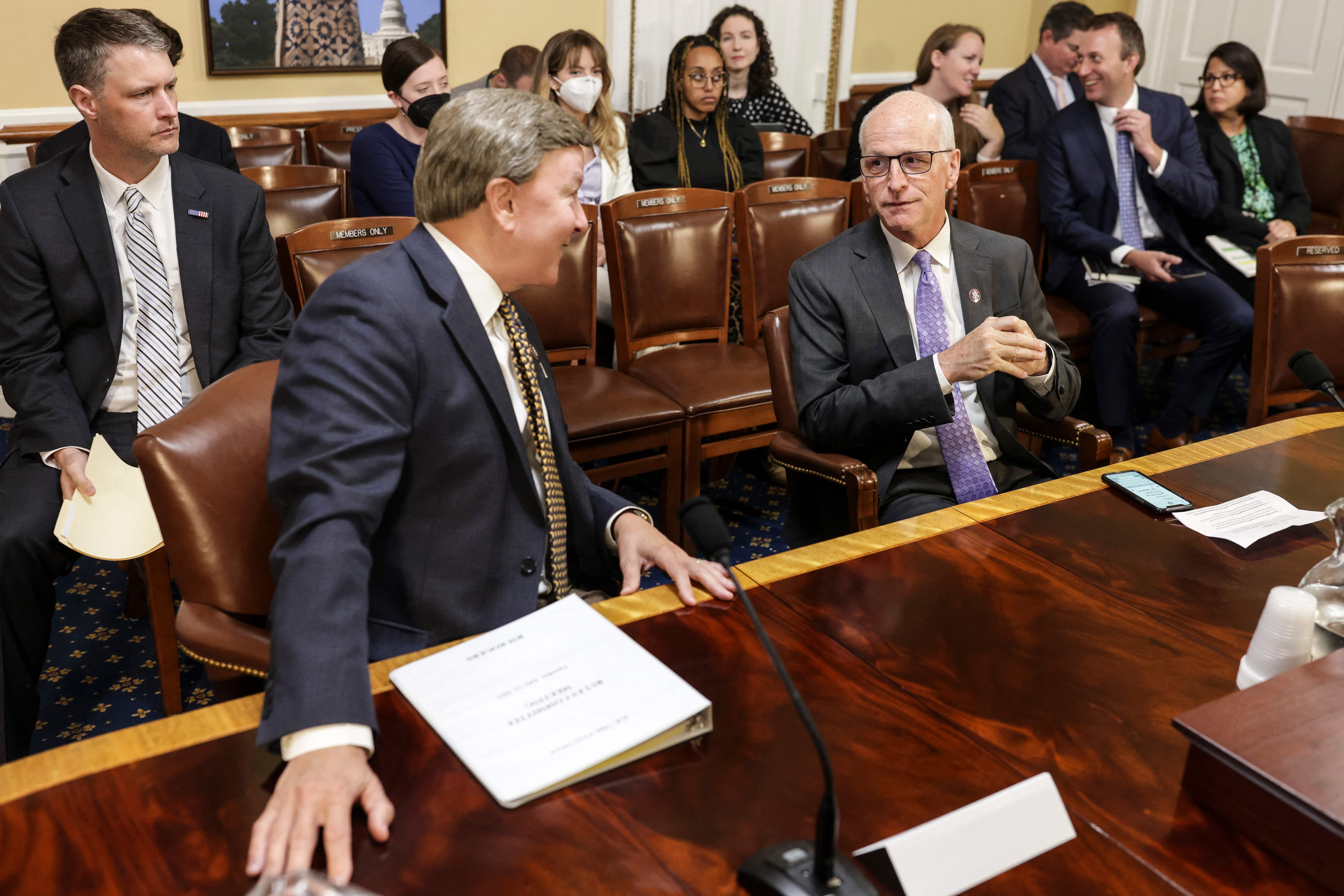Military families need better access to telehealth services, especially in the area of mental health, to help them avoid risking exposure to the coronavirus, say two senators who have written a letter to the Defense Health Agency.
Senators Jeanne Shaheen, D-N.H., and Martha McSally, R-Ariz., cited recommendations by the Centers for Disease Control and Prevention, which encourage health care providers to increase the use of telephone, video, conference or other telemedicine services, rather than in-person visits.
They noted that the Centers for Medicare and Medicaid Services has significantly expanded Medicare coverage of services now offered through telehealth, including mental health visits. That includes broader use of telephone-based telehealth services for Medicare beneficiaries, and Tricare doesn’t cover telephone-based telehealth services. Shaheen was among a bipartisan group of senators who had earlier called for CMS to allow Medicare reimbursement for telephone-based health services to be in line with reimbursement for video telehealth.
“Unfortunately, we have heard concerns that Tricare has not made the same level of commitment to telehealth flexibilities for mental health services, as compared to the Medicare program and private insurers,” the senators wrote in their May 4 letter to Thomas McCaffery, assistant secretary of defense for health affairs. “This could force military members and their families battling mental illness to risk their own physical health and potential COVID-19 infection in order to access the mental health treatment they need.”
They asked for similar flexibility of coverage for telehealth services through Tricare. Information was not immediately available from Tricare officials about whether they’re considering expanding the options.
Generally, Tricare covers the use of secure video conferencing to provide medically necessary services, allowing patients to connect with a provider using a computer or smartphone for certain office visits, preventive health screenings, services for end stage renal disease, and telemental health services. During the pandemic, they’ve expanded the options to include:
*Telemental health services, including individual psychotherapy, crisis management, family therapy, or group therapy (expected to continue after the coronavirus pandemic)
*Medication assisted treatment (only available during the pandemic)
*Opioid treatment programs (only available during the pandemic) ·
*Intensive outpatient programs (only available during the pandemic), which include medication management, case management, recreational therapy, occupational therapy, and discharge planning
*Through May 31, Tricare will also cover telehealth support for applied behavior analysis parent or caregiver guidance services under the Autism Care Demonstration.
Depending on the Tricare plan, beneficiaries may need an authorization or referral for the telehealth services to be covered; active duty service members don’t need a referral.
But Tricare doesn’t cover telemedicine service by phone, audio-only conferencing or texting.
As the weeks of pandemic have continued, military families have realized they need solutions to seeking the care they need, said Karen Ruedisueli, director of government relations for health affairs for the Military Officers Association of America. “It’s getting harder for people to put off necessary essential medical care, and they’re looking for solutions. There are people who are running into that limitation,” she said.
Some providers’ offices and some patients are not equipped to do video conferencing, she said, and some families have reached out to her to see what they need to do.
“People still need the care, so they’re looking to be able to handle things, as it makes sense, through telephone only. So we’re starting to get some complaints.
“I’m hearing about it more based on mental health than anything else, but I expect they’re going to get more prevalent.”
Ruedisueli said she has contacted some military treatment facilities, and found they are using telephone consults. “I’m hoping we’ll get Tricare to approve audio-only consults, at least in this time of emergency.”
Karen has covered military families, quality of life and consumer issues for Military Times for more than 30 years, and is co-author of a chapter on media coverage of military families in the book "A Battle Plan for Supporting Military Families." She previously worked for newspapers in Guam, Norfolk, Jacksonville, Fla., and Athens, Ga.










